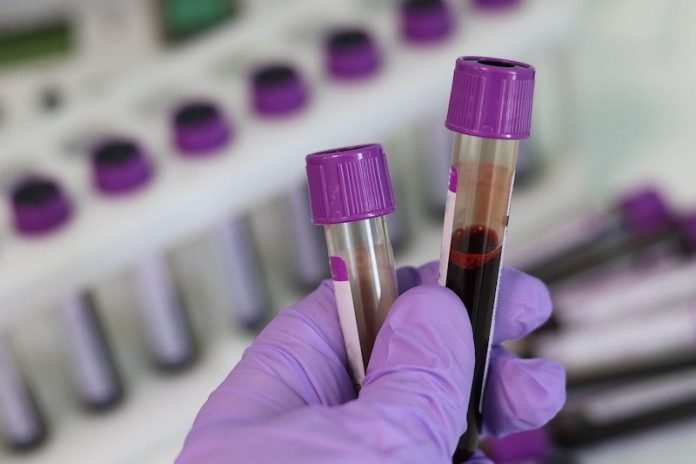
In a new study from Newcastle University, researchers found assessing the stiffness of the arteries could help identify patients most at risk of dying from COVID-19.
Estimated pulse wave velocity (ePWV), a readily available marker of aortic stiffening, has been shown to be an effective addition in identifying patients at risk of death in hospitals due to the virus.
The study demonstrates that ePWV provides an additional clinical tool to refine risk stratification of hospitalized patients beyond established risk factors and scores.
The study was carried out in two cohorts of hospitalized COVID-19 patients; 471 in the Newcastle upon Tyne Hospitals NHS Foundation Trust and 266 in the University Hospital of Pisa,
They also used data from a control cohort of 934 non-COVID-19 individuals at the National and Kapodistrian University of Athens.
The team found that the addition of ePWV to clinical predictive markers or a validated mortality score improved the prognostic value for in-hospital mortality and therefore could facilitate therapeutic decisions in acute COVID-19 disease.
The findings suggest that increased aortic stiffening may serve as a predictor of mortality in COVID-19 infection reflecting a cumulative surrogate of aging and high-risk heart disease profile.
The team found that the optimal prognostic ePWV value was 13.0 m/sec for predicting in-hospital mortality.
The readily available measure of arterial stiffness when used in addition to tools already recommended in clinical practice may facilitate therapeutic decisions in acute COVID-19 disease.
The team will be continuing further research in this area to develop the technique and seek its validation into health service practice.
What is estimated pulse wave velocity?
Pulse-wave velocity (ePWV) is a measurement of arterial stiffness that is an independent predictor of cardiovascular risk.
It can be measured simply and noninvasively by measuring the carotid and femoral pulse pressures, with sensors on the ankles and neck, and the time delay between the two or by other methods relying on pulse-wave analysis.
If you care about COVID, please read studies about this anti-inflammatory drug could reduce COVID-19 death risk and findings of these two drugs may help you recover from severe COVID-19.
For more information about COVID and your health, please see recent studies about this drug may help prevent serious illness in COVID-19 and results showing that this drug may improve survival in people with diabetes and COVID-19.
The study is published in Scientific Reports. One author of the study is Professor Konstantinos Stellos.
Copyright © 2021 Knowridge Science Report. All rights reserved.



